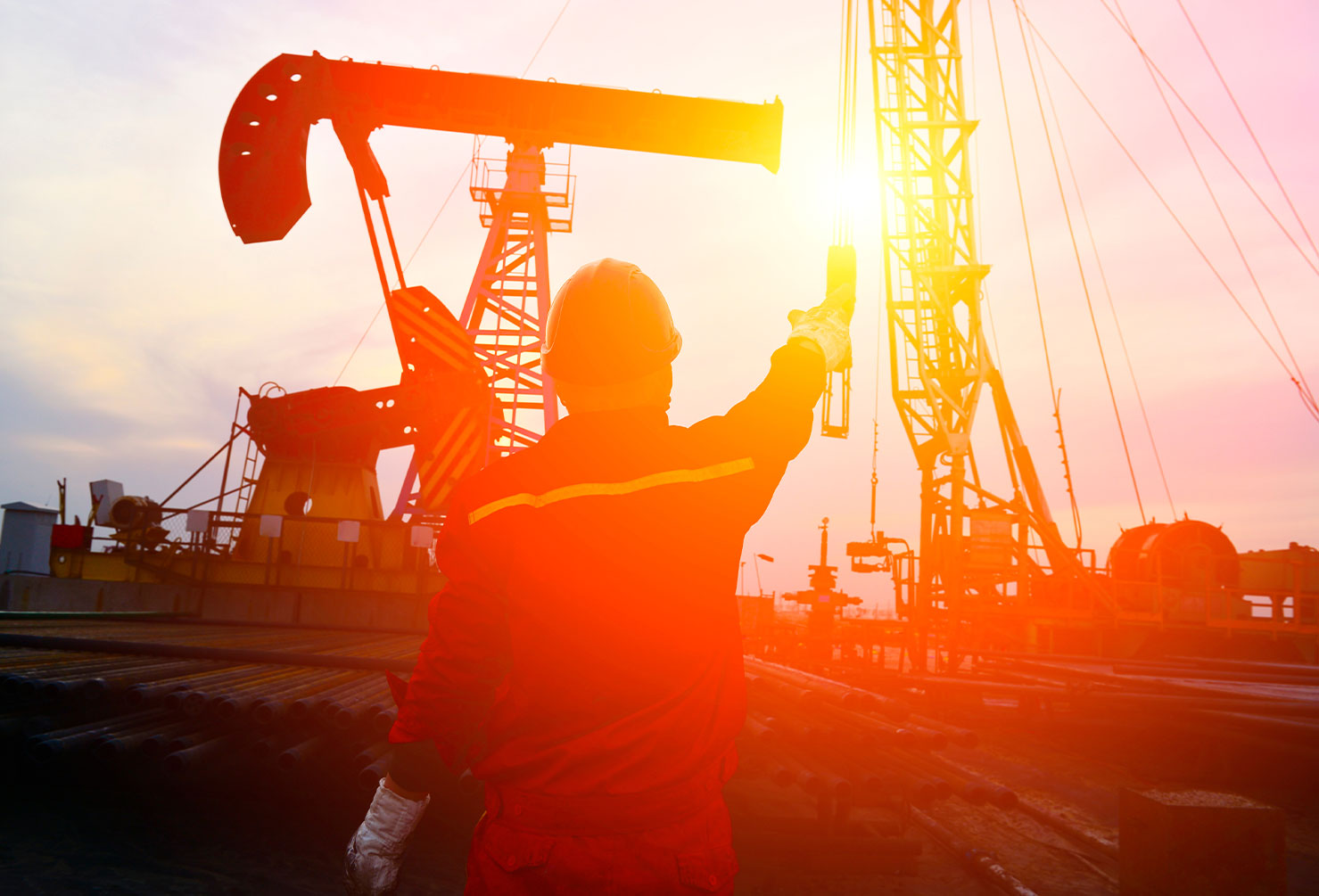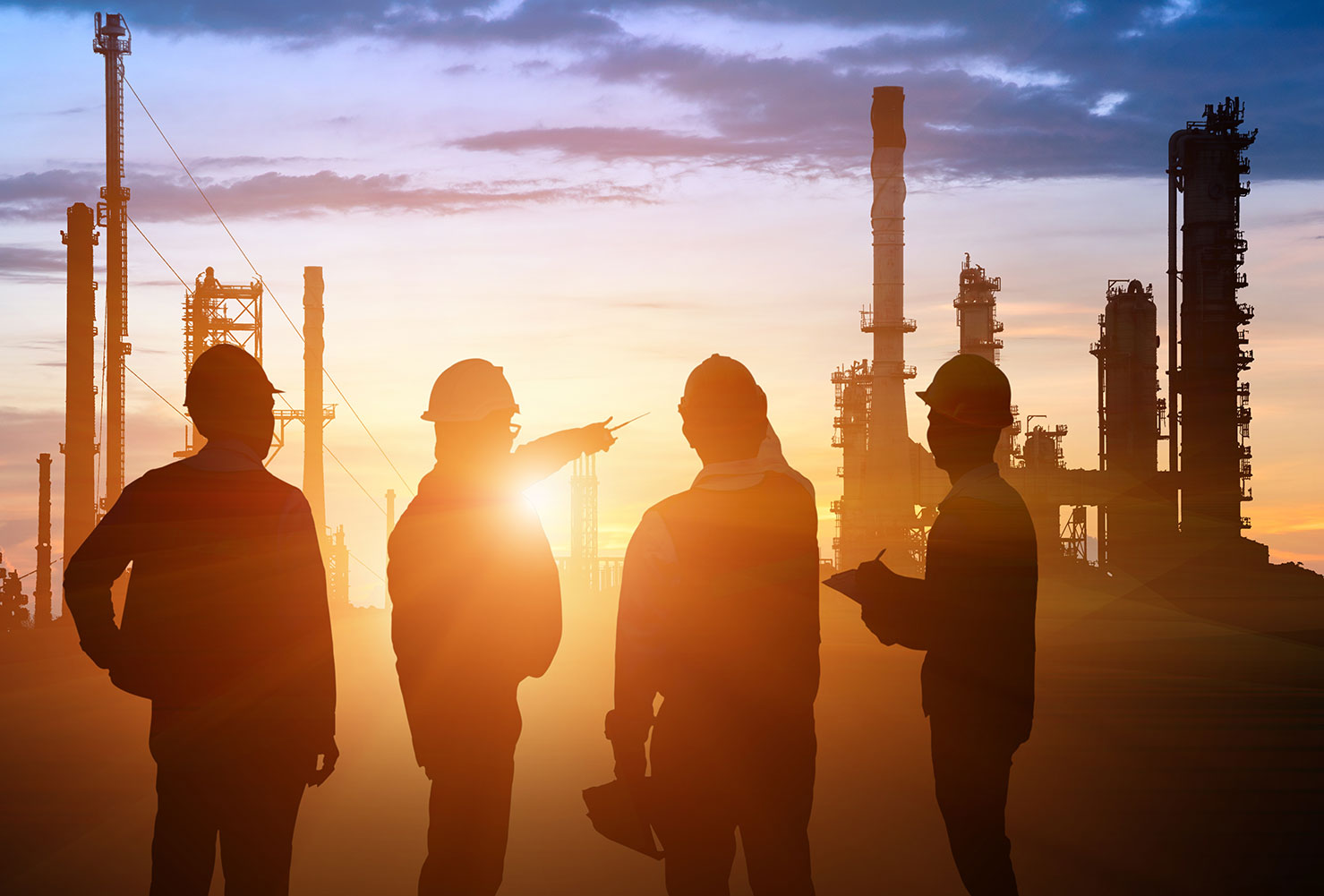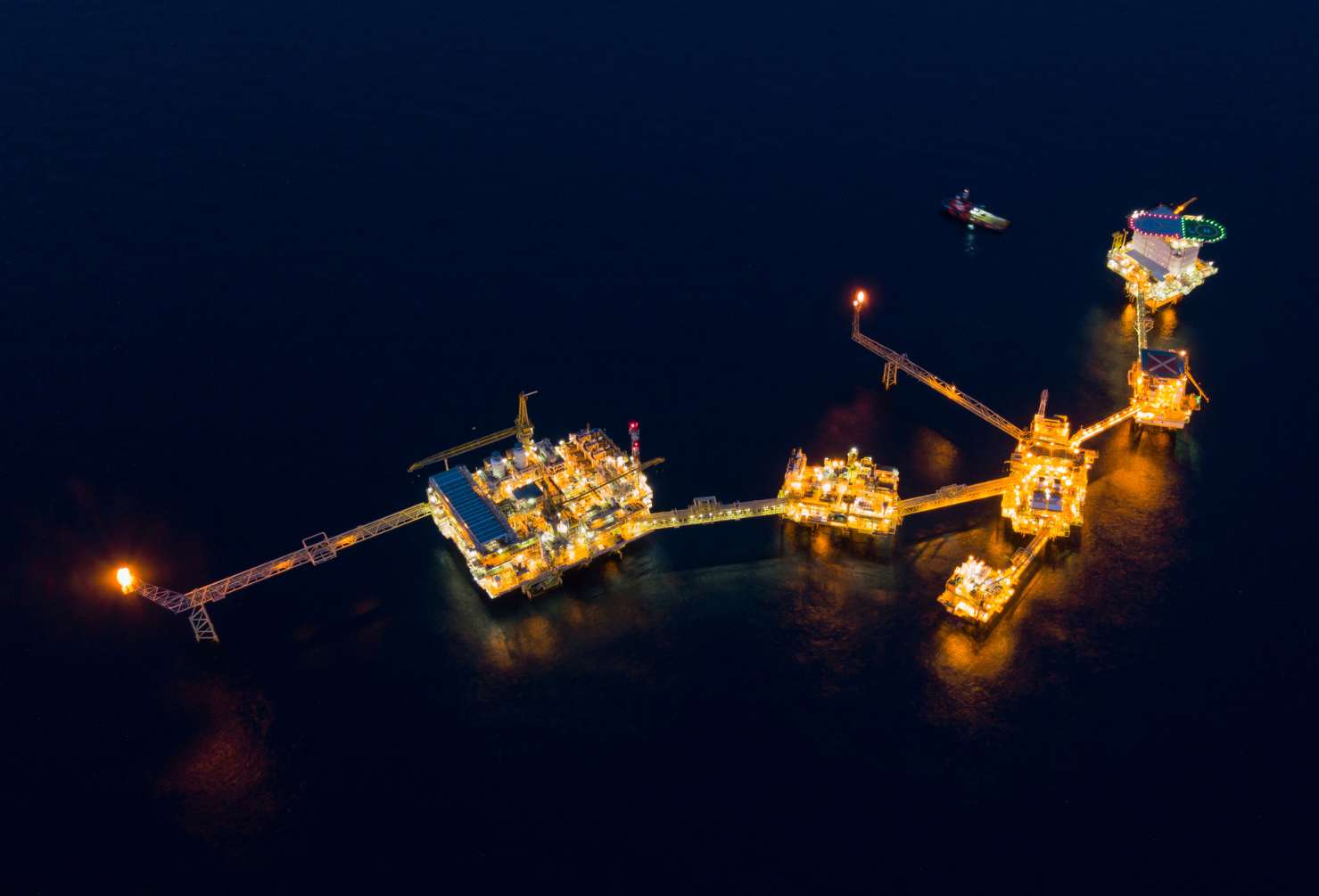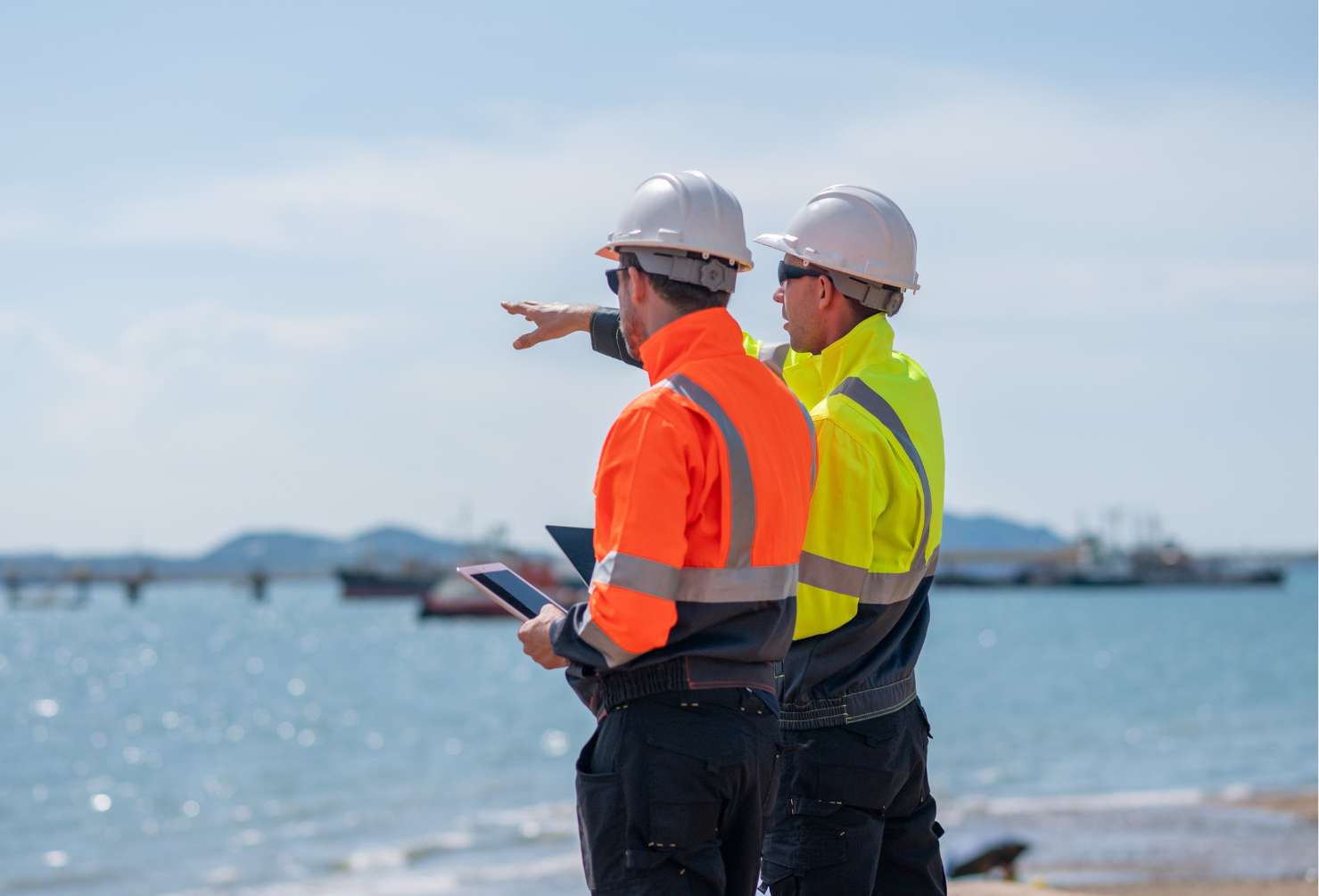
As Australia’s oil and gas industry matures, many of its offshore and onshore assets are reaching the end of their productive life. This shift is driving a growing focus on decommissioning projects, which involve the safe retirement of aging infrastructure and the restoration of sites to their natural state. For engineers, this evolving area of the industry presents unique challenges and exciting opportunities. This blog explores the importance of decommissioning, the engineering challenges involved, and the career opportunities it offers.
The Growing Importance of Decommissioning
Decommissioning has become a significant focus in the oil and gas industry for several reasons:
- Aging Infrastructure: Many of Australia’s oil and gas fields, particularly those in the Bass Strait and the North West Shelf, have been in operation for decades. As these assets age, maintaining them becomes increasingly costly and challenging, and the risk of environmental and safety issues rises. Decommissioning these facilities safely is essential to prevent accidents and environmental damage.
- Regulatory Compliance: Australian regulations require that oil and gas operators decommission facilities that are no longer economically viable or safe to operate. Companies are legally obligated to remove or appropriately manage these structures to mitigate any potential environmental hazards, such as hydrocarbon leaks or contamination.
- Environmental and Social Responsibility: There is increasing pressure on oil and gas companies to demonstrate their commitment to environmental stewardship. Proper decommissioning and site remediation are crucial to minimising the industry’s environmental footprint and ensuring that marine and terrestrial ecosystems are protected and restored.
Engineering Challenges in Decommissioning
Decommissioning projects are complex and multifaceted, requiring specialised engineering skills and innovative solutions to address a range of technical, environmental, and logistical challenges:
- Structural Integrity and Safety: The dismantling of offshore platforms, pipelines, and subsea infrastructure requires careful planning to ensure the safety of personnel and the integrity of the structures. Engineers must assess the structural integrity of aging facilities, plan safe dismantling procedures, and manage risks associated with underwater operations and heavy lifting.
- Environmental Impact: Minimising environmental impact is a critical aspect of decommissioning. Engineers must develop strategies to safely remove or mitigate any potential contaminants, such as hydrocarbons, heavy metals, or chemicals, that could harm marine life or ecosystems. This requires expertise in environmental science and engineering, as well as a thorough understanding of environmental regulations and best practices.
- Logistics and Coordination: Decommissioning projects often involve coordinating a wide range of activities, including the removal of large structures, transportation of materials, and disposal or recycling of waste. Engineers must develop detailed project plans, manage complex logistics, and coordinate with multiple stakeholders, including regulatory agencies, contractors, and local communities.
- Innovative Solutions for Site Remediation: Site remediation involves restoring the decommissioned area to its natural state or as close to it as possible. This can involve a range of engineering solutions, such as using biological or chemical methods to break down contaminants, replanting vegetation, or creating artificial reefs from decommissioned structures. Engineers must be innovative and adaptable, developing tailored solutions for each unique site.
Career Opportunities in Decommissioning
The growing focus on decommissioning presents numerous career opportunities for engineers in Australia’s oil and gas industry:
- Decommissioning Engineers: Decommissioning engineers specialise in planning and executing the safe dismantling of oil and gas infrastructure. This role requires a blend of civil, mechanical, and environmental engineering skills, as well as experience in project management and regulatory compliance. Decommissioning engineers work closely with multidisciplinary teams to develop and implement decommissioning plans, manage risks, and ensure compliance with safety and environmental standards.
- Environmental Engineers: Environmental engineers play a critical role in decommissioning projects, focusing on minimising environmental impact and ensuring compliance with environmental regulations. They conduct environmental impact assessments (EIAs), develop remediation plans, and monitor the environmental performance of decommissioning activities. Environmental engineers also work with regulators and stakeholders to ensure that projects meet all environmental requirements and contribute to the restoration of natural ecosystems.
- Project Managers: Decommissioning projects require skilled project managers who can oversee complex operations, manage budgets, and coordinate diverse teams. Project managers in decommissioning are responsible for ensuring that projects are completed on time, within budget, and to the required safety and environmental standards. This role requires strong leadership, communication, and problem-solving skills, as well as experience in managing large-scale projects.
- Specialist Technicians and Operators: Decommissioning projects also require a range of specialist technicians and operators, such as ROV (remotely operated vehicle) operators, underwater welders, and heavy-lift crane operators. These roles require specialised training and experience in working in challenging and hazardous environments, such as underwater or offshore operations.
- Research and Development (R&D) Engineers: As decommissioning becomes a more prominent focus, there is a growing need for R&D engineers to develop innovative technologies and methods for dismantling infrastructure and remediating sites. R&D engineers work on developing new tools, materials, and processes that can improve the efficiency, safety, and environmental performance of decommissioning projects. This role requires a strong background in engineering, as well as a passion for innovation and problem-solving.
Preparing for a Career in Decommissioning
To pursue a career in decommissioning, engineers should consider the following steps:
- Develop Specialised Skills: Engineers interested in decommissioning should focus on developing specialised skills in areas such as structural engineering, environmental science, and project management. Relevant certifications, such as the Certified Decommissioning Professional (CDP) or certifications in environmental management, can enhance an engineer’s credentials and open up new career opportunities.
- Gain Experience in Decommissioning Projects: Hands-on experience is invaluable for engineers looking to work in decommissioning. Engineers should seek opportunities to work on decommissioning projects, either within their current organisation or through secondments or partnerships with other companies. This experience can provide valuable insights into the challenges and opportunities of decommissioning and help engineers build a strong foundation of knowledge and skills.
- Stay Informed About Regulatory Changes: Decommissioning is a highly regulated activity, and engineers must stay informed about the latest regulatory changes and best practices. Engaging with professional bodies, attending industry conferences, and participating in online forums and discussions can help engineers stay up-to-date with the latest developments and build a network of contacts in the field.
- Embrace Innovation and Adaptability: Decommissioning projects often require innovative solutions and a willingness to adapt to changing circumstances. Engineers should be open to experimenting with new technologies and methods and be prepared to think creatively to solve complex problems. This adaptability and willingness to innovate can help engineers stand out in the competitive field of decommissioning.
- Pursue Professional Development and Networking: Engineers should actively engage in professional development and networking to build their skills and advance their careers in decommissioning. Joining professional organisations, such as Engineers Australia or the Society of Petroleum Engineers (SPE), can provide valuable opportunities for training, networking, and career development. Networking with peers and industry leaders can also provide insights into emerging trends and opportunities in decommissioning.
Decommissioning represents a growing and dynamic area of opportunity for engineers in Australia’s oil and gas industry. As the sector increasingly focuses on safely retiring aging infrastructure and restoring the environment, there is a need for skilled engineers who can navigate the complex technical, environmental, and regulatory challenges involved. By developing specialised skills, gaining hands-on experience, and staying informed about industry developments, engineers can position themselves for success in the exciting and evolving field of decommissioning.





